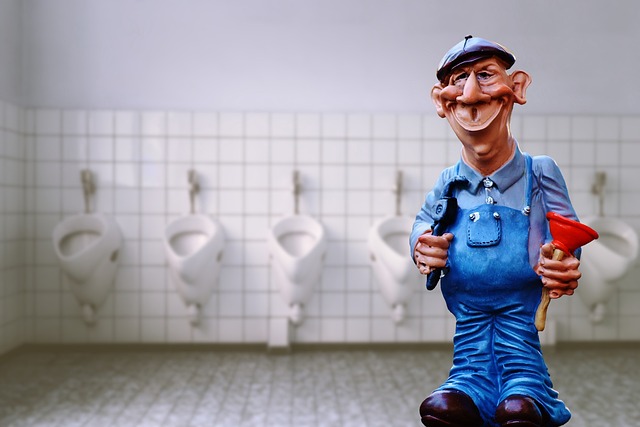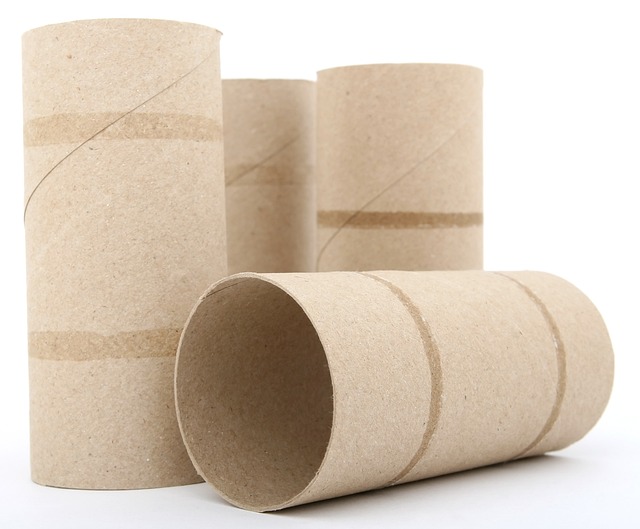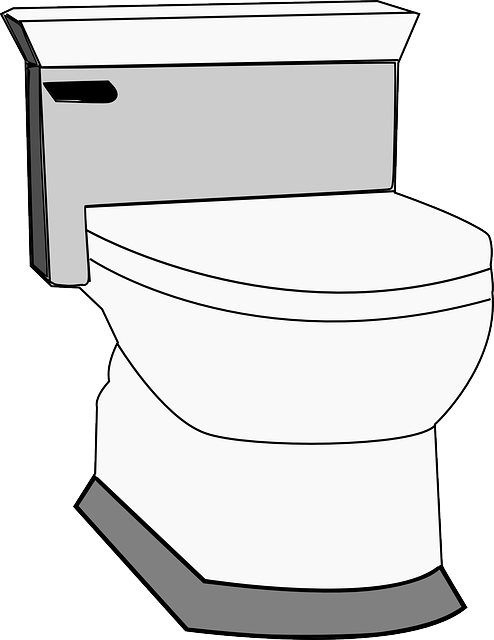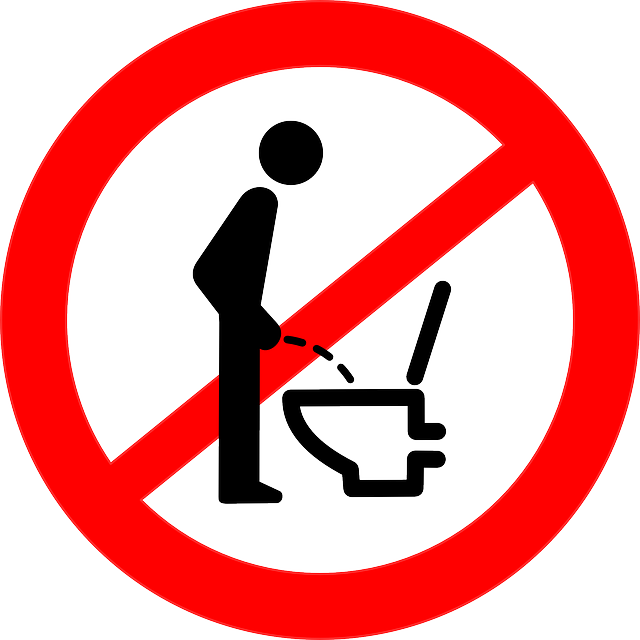When dealing with a clogged toilet, evaluating the issue is crucial. For minor blockages, DIY solutions like plungers or hot water may suffice. However, persistent or severe clogs accompanied by unusual sounds, leaks, or damage require professional plumbing help. Plumbers use specialized tools for comprehensive solutions, addressing deep-seated problems to prevent future disruptions. While "How to Unclog a Toilet" methods help simple cases, complex situations demand expert knowledge for permanent fixes. Understanding when to call a pro is key to avoiding further damage and costly repairs.
Unclogging a toilet can be a common household task, but knowing when to DIY and when to call a professional is essential. This guide breaks down your options, offering insights on assessing clogged toilet situations and providing effective DIY techniques using tools like plungers and home remedies. We’ll walk you through step-by-step instructions for tackling clogs yourself. Additionally, we highlight signs indicating severe issues that necessitate calling a plumber, ensuring you make informed decisions regarding your plumbing needs.
- Assess the Clogged Toilet Situation
- – Understanding common toilet clogs
- – Identifying severe clog issues
Assess the Clogged Toilet Situation

When faced with a clogged toilet, it’s crucial to assess the situation before deciding whether to tackle it yourself or call in a professional. Start by identifying the type and severity of the clog. If it’s a minor blockage caused by common items like toilet paper, personal care products, or foreign objects that can be easily removed, DIY methods might be all you need. How to unclog a toilet involves using tools like a plunger, plumbing snake, or even hot water to dislodge the obstruction.
However, if the clog is persistent, severe, or accompanied by other issues such as unusual noises, leaks, or signs of damage, it’s best to leave it to the professionals. Plumbers are equipped with advanced tools and expertise to handle complex clogs, ensuring a thorough fix that prevents future problems. Remember, while DIY methods can be effective for simple clogs, they may not address deeper issues that require professional plumbing knowledge and skills.
– Understanding common toilet clogs

Toilet clogs are a common household issue, but understanding the cause can help determine whether a DIY solution or professional assistance is needed. Common clogs often stem from easily identifiable issues like dropped items, such as toys or sanitary products, or foreign objects like hair, soap scum, or toilet paper wrapped around the drain. These obstructions can usually be addressed through simple methods like using a plunger, chemical drain cleaners, or home remedies like baking soda and vinegar.
However, not all clogs are easily fixable. More complex issues may involve root intrusions from nearby trees, broken pipes, or structural damage within the plumbing system. In these cases, the clog might be persistent, recurring, or accompanied by other concerning symptoms like leaks, unusual noises, or low water pressure. When dealing with such challenges, it’s generally advisable to call a professional plumber as attempting DIY solutions could further damage the plumbing and lead to more costly repairs.
– Identifying severe clog issues

When it comes to unclogging a toilet, there are often telltale signs that indicate when a DIY approach may not be enough. Severe clog issues can be identified by several factors. First, if the toilet is backed up and water is not draining at all, this is a strong indicator of a significant blockage. Second, excessive gurgling sounds coming from the drain suggest that water is struggling to pass through, often due to an object or heavy material lodged inside. Additionally, if you notice that water is slowly draining and there’s a distinct odor rising from the toilet, these could be signs of a more complex problem that requires professional attention.
In such cases, it’s crucial to understand your limits and consider seeking help from a plumbing expert. Attempting to fix severe clogs yourself can sometimes lead to further damage or even pose health hazards. Remember, knowing when to call for assistance is just as important as knowing how to unclog a toilet.
When it comes to unclogging a toilet, DIY solutions can often handle minor clogs. However, for stubborn or severe cases, such as those involving damaged pipes or complete blockages, it’s best to call a professional plumber. Understanding common clog types and knowing when to seek expert help can save you time, money, and potential damage. Remember, the right tool for the job makes all the difference—whether that’s a simple plunger or a specialized plumbing service.
